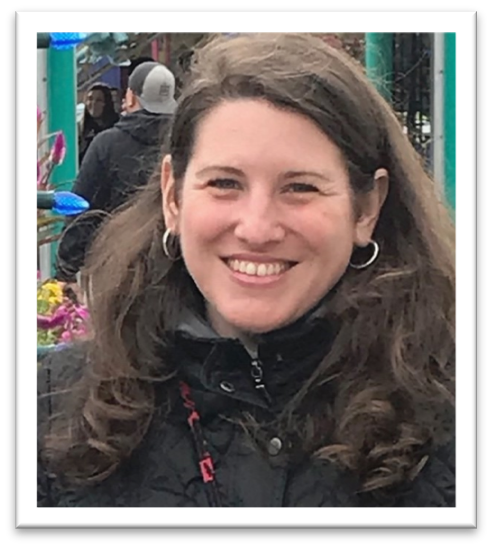Carrie Ferraro, PhD
Associate Director, Coastal Climate Risk & Resilience Initiative
Marine and Coastal Sciences, SEBS
Email: ferraro@marine.rutgers.edu
Carrie Ferraro received her Ph.D. from Rutgers in Oceanography, studying the active microbial population using molecular markers. After graduating, she began working with researchers to communicate their science through the construction and implementation of Broader Impact statements. Through this effort, she fostered connections between students, educators, and researchers. Currently, Carrie is working with the Coastal Climate Risk & Resilience Initiative to prepare the workforce that will build coastal resilience in the face of climate risks. She also works with the Rutgers Raritan River Consortium to create opportunities for students and researchers to access and study the Raritan River.
Project Sponsor
Laura Lawson, PhD
Interim Executive Dean of Agriculture and Natural Resources
SEBS
Abstract:
As a land grant school, the School of Environmental and Biological Sciences (SEBS) has a historical responsibility to engage with the local community. This can be seen in the Rutgers University motto “Jersey Roots, Global Reach” which recognizes that while Rutgers is training its students to be global citizens and researchers, there is a need to connect students to local communities. Place-based experiential learning (PBEL) allows students to see and apply the concepts that are addressed in their courses, increases content knowledge, research and critical thinking skills, self-efficacy, and desire to remain in science (NRC, 2000; Sobel 2004; PCAST 2013; Usher et al., 2008). Thus, the integration of PBEL into curricula can contribute to student success and retention and to local stewardship by increasing systems thinking, the understanding of knowledge sources (ways of knowing), and eco-justice (Gruenewald, 2003).
A number of challenges exist to effectively incorporate PBEL. One of these is that instructors may be unprepared or unaware of the value and/or effective practices for implementing PBEL; and unaware of the campus resources, both people and local environments, available to help them achieve learning outcomes (Angstmann et al., 2019). Positive outcomes from the work done by the Rutgers Raritan River Consortium (R3C) provides evidence that these challenges exist at Rutgers, but that a coordinated effort to communicate the availability and benefit of local resources helps to raise awareness.
The aim of this work is to further improve communication of the benefits and opportunities for meaningful PBEL and expand partnerships between Rutgers faculty, staff and local stakeholders. Long term outcomes may include greater engagement within SEBS/NJAES across units and roles, an improved perception of SEBS/NJAES among the general public and Rutgers stakeholders, and enhanced opportunities for students to earn EBE credits, engage in systems thinking, and increase engagement with STEM fields.
